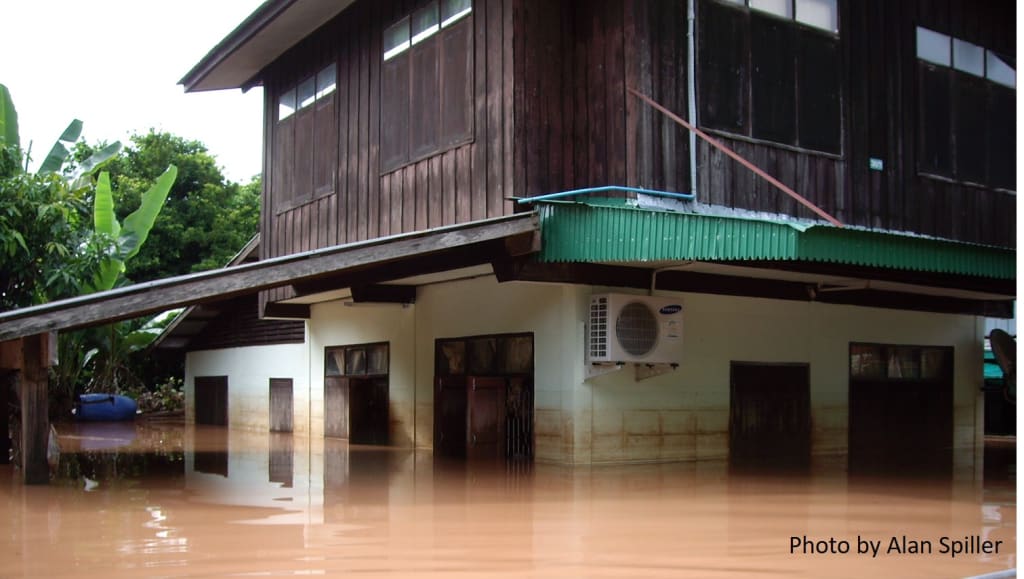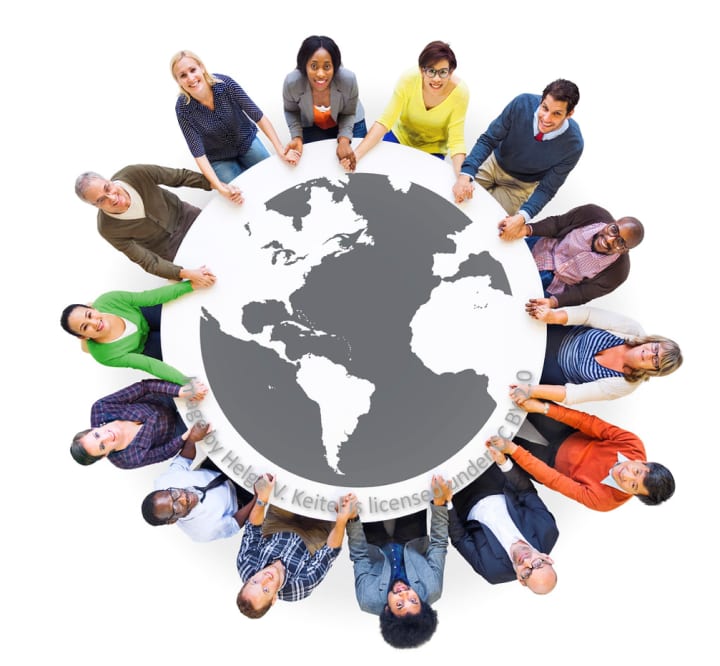
Mega disasters stretch government and relief agencies to the limit. Examples include Hurricane Katrina (2005), Fukushima Daiichi nuclear disaster (2011), to Cyclone Amphon (2020), etc.
Disasters can expose problems: corruption, inefficiency, discrimination, and more. Existing policies are often a mix of new and outdated ones. The situation is complex. It is far from ideal. We won’t play the blame game. We won’t point fingers.
To make good policies, we suggest using a policy litmus test. We call it S5 (“S” to the 5th power). It asks five questions:
1. Is it based on valid science?
2. Does it deal with the entire system of the issue?
3. Does it result in synergy?
4. Does it make for a sustainable system?
5. Is it good for society as a whole?
Is it based on valid science? Good policies are based on sound science, facts, and truth. It is free of bias and conflicts of interest. It clearly states the assumptions and consequences (both short and long term). It uses the scientific method of inquiry. Critical thinking, logic, reasoning, and effective problem solving prevail. A policy must be studied in its local, regional, and global contexts. We live in a global economy. Getting the “big picture” is obvious. Decision support analysis records the process.
Transparency and inclusion are required to create and review any policy. Qualified scientists (pro and con) are included. This prevents having a fixed mindset. Avoid single answer solutions. Sets of solution alternatives are better. This gives the people and decision makers choices. Periodic reviews are needed to assess the policy. This can reveal the need to re-examine assumptions and decisions. If needed, modify the policy.

Does it deal comprehensively with the entire system of the issue? Technical experts tend have a narrow view. Look at the entire system to get the “big picture.” In a system, no part is more important than another. All parts are needed for the system to work. It is essential to:
• Clearly define the issue and state the assumptions,
• Define the system and boundaries,
• Identify the key variables and the interrelationships between them,
• Have clear communications between all relevant agencies and authorities.
• Have one public information point of contact. This limits confusing, inconsistent, or conflicting information. This is especially needed in a disaster.
Using the Geographic Systems Model and General Systems Matrix gives the “big picture.”

Does it result in synergy? Synergy exists when the whole is greater than the sum of its parts. Imagine you have a watch and all the parts for an identical watch. The two weigh the same. The working watch can measure time. That is synergy.
Good policies result in synergy. For example, a new road is built to a remote farming valley. Now, more agricultural goods get to market. Farmers’ incomes go up. Other direct and indirect benefits result.
• Businesses opening along the road,
• More transport vehicles and drivers use the road,
• More warehousing and processing facilities are built,
• More jobs are created,
• More tax revenue is paid.
One test for synergy is more win/win outcomes. It is not a win-lose situation. People need to focus more on what they have in common. Mutual respect paves the way to more progress. Everyone has a vested interest in a stable nation. Stability leads to long-term security. This is good for everyone.

Does it result in a sustainable system? Sustainability should be integral to all policies. Sustainability applies to the environment, economy, and nation. It affects long-term stability and national security. This enables a nation to provide for its people. Clean air and water, and a safe food supply gives a good quality of life. Today, economic growth depends on electricity and an educated work force. Sustainability requires production of clean energy to assure clean air and, water for a healthy food supply. An educated work force sustains economic growth beyond the “cheap labor” business model.
Everyone needs to eat to live, even in technologically advanced nations. In the US, less than 3% of all workers are in agricultural and livestock production. The US consumes about 25% of the resources of the world. The world’s resources are insufficient to support other nations striving to have a similar lifestyle. Sustainability is the path to survival on Earth.

Is it good for society as a whole? To assure good policies, use these guidelines:
• Mutual respect, mutual benefit: This leads to win-win outcomes, rather than win-lose.
• Transparency: This maintains integrity, credibility, responsibility, and fairness.
• Inclusiveness: This is consistent with synergy (where the whole is greater than the sum of its parts). No nation can afford to discard the brain power and energy of any part of its people.
Apply these Five Principles:
1. Behave responsibly to all life and the environment for present and future generations.
2. Behave respectfully to others and their property. Do not abuse or exploit them relative to their freedom, gender, culture, and socioeconomic status, etc.
3. Speak and deal with others truthfully and respectfully without discrimination.
4. Respecting individuals’ personal lives and safety.
5. Avoid intoxicants.
Use critical thinking and reasoning to avoid conflict. Strive to make the world a better place for all. Shakyamuni Buddha tells us how to know what is good.
• Rely not on the teacher/person, but on the teaching.
• Rely not on the words of the teaching, but on the spirit of the words.
• Rely not on theory, but on experience.
• Do not believe in anything simply because you have heard it.
• Do not believe in traditions because they have been handed down for many generations.
• Do not believe anything because it is spoken and rumored by many.
• Do not believe in any thing just because it is written in your religious books.
• Do not believe in anything merely on the authority of your teachers and elders.
• But after observation and analysis, when you find that anything agrees with reason and is conducive to the good and the benefit of one and all, then accept it and live up to it."
[Note: It is said Shakyamuni Buddha cautioned his students not to believe even his words JUST because he spoke them.]

Conclusion: Using S5 makes policies more consistent and sustainable. To make good policies, learn and use S5. This leads the way to a sustainable environment and future for all.






Comments
There are no comments for this story
Be the first to respond and start the conversation.